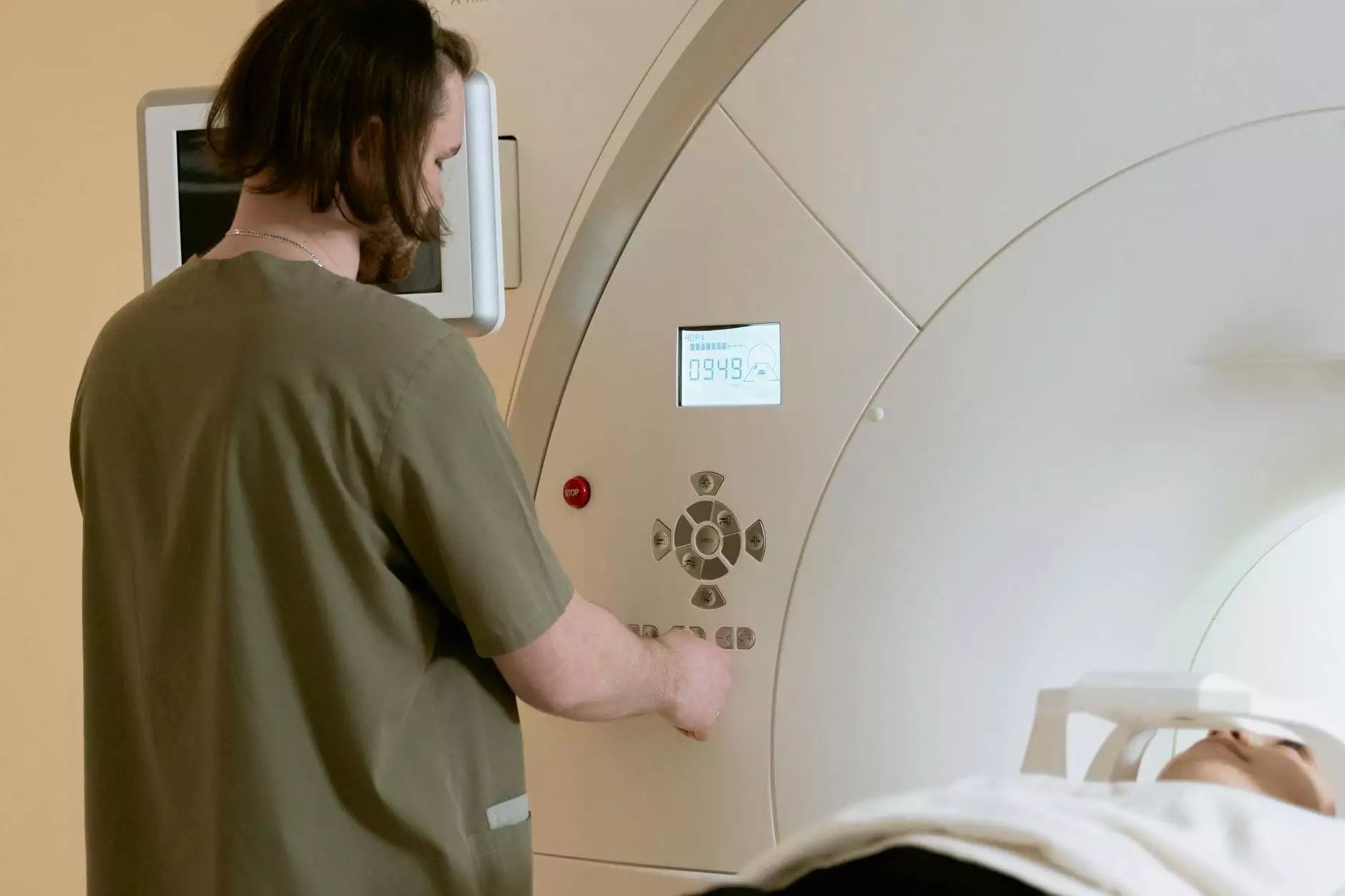All About That Constipation

Introduction
Welcome to Greenstem Clinic! As a leading healthcare provider, we understand the discomfort and frustration that comes with constipation. In this comprehensive guide, we delve into the topic of constipation, providing valuable insights, tips, and information to help you achieve optimal digestive health.
Understanding Constipation
Constipation is a common digestive issue that affects millions of people worldwide. It occurs when bowel movements become infrequent or difficult to pass. If you're experiencing less than three bowel movements per week or are straining during bowel movements, you may be dealing with constipation.
There can be several causes of constipation, including a lack of dietary fiber, inadequate fluid intake, sedentary lifestyle, certain medications, hormonal changes, and underlying medical conditions. It's essential to identify the root cause to effectively manage and alleviate symptoms.
Symptoms of Constipation
Recognizing the signs and symptoms of constipation is crucial in seeking timely treatment. Some common symptoms include:
- Infrequent Bowel Movements: If you're not having regular daily bowel movements, it may indicate constipation.
- Hard and Dry Stools: Constipation often leads to the passage of hard, lumpy, or difficult stools.
- Abdominal Discomfort: You may experience bloating, cramping, or abdominal pain due to constipation.
- Straining: Having to strain excessively during bowel movements is a typical characteristic of constipation.
- Sensation of Incomplete Evacuation: Feeling like your bowel movements are incomplete is another sign of constipation.
Prevention and Relief
Implementing healthy habits can go a long way in preventing and relieving constipation. Here are some tips to promote regular bowel movements:
- Increase Fiber Intake: Incorporate fiber-rich foods into your diet, such as fruits, vegetables, whole grains, and legumes. Adequate fiber intake adds bulk to your stools, facilitating easier passage.
- Stay Hydrated: Drink plenty of fluids, especially water, to prevent dehydration and soften stools.
- Exercise Regularly: Engaging in physical activity stimulates bowel movements and promotes overall digestive health.
- Establish a Routine: Set aside time each day for a bowel movement to regulate your body's natural rhythm.
- Avoid Holding In: Respond promptly to bowel urges to avoid stool buildup and subsequent constipation.
When to Seek Medical Help
In most cases, constipation can be effectively managed through lifestyle modifications. However, certain situations warrant medical attention. Consult a healthcare professional if you experience:
- Persistent Constipation: If your symptoms persist despite home remedies and dietary changes, it's essential to seek medical evaluation.
- Severe Abdominal Pain: Intense abdominal pain or cramping could indicate an underlying condition that requires attention.
- Unexplained Weight Loss: Significant and unexplained weight loss associated with constipation necessitates medical evaluation.
- Blood in Stools: If you notice blood in your stools, it's crucial to consult a healthcare professional to rule out any serious causes.
Greenstem Clinic: Your Partner in Digestive Health
At Greenstem Clinic, we specialize in providing comprehensive care for various digestive concerns, including constipation. Our experienced healthcare team is dedicated to helping you find relief and improving your overall digestive well-being.
Contact us today to schedule a consultation and take the first step towards enjoying a life free from constipation and digestive discomfort.









